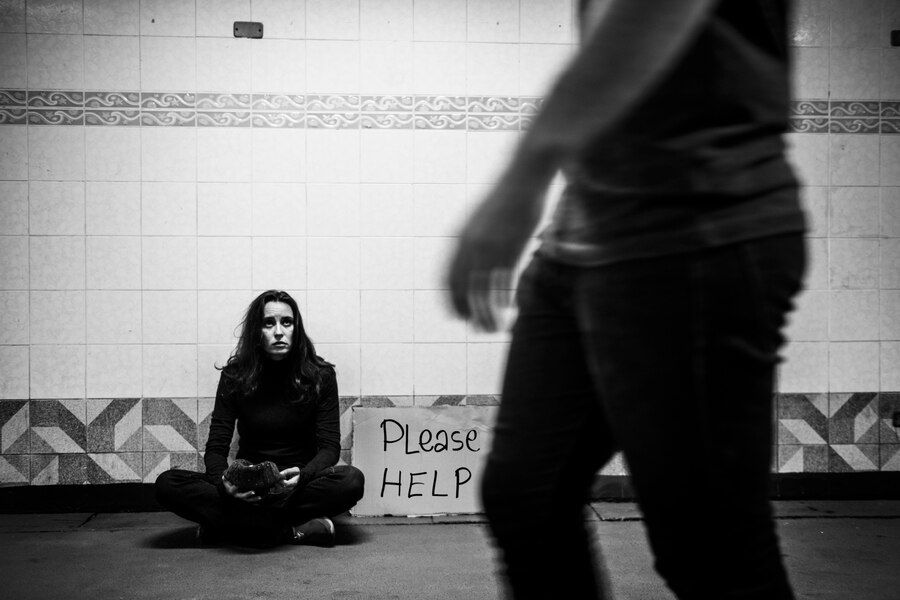Tackling Rape Trauma and Coping Through Counseling
Experiencing rape is a deeply traumatic event that can have profound and lasting effects on an individual’s mental, emotional, and physical well-being. The journey to healing and recovery is a complex and personal process that requires a compassionate and multifaceted approach.

Counseling plays a vital role in helping survivors of rape navigate their trauma, develop coping mechanisms, and reclaim their sense of self. This article explores strategies for tackling rape trauma and highlights the importance of counseling in the recovery process.
Understanding Rape Trauma
Rape trauma encompasses a wide range of emotional, psychological, and physical responses that survivors may experience. Common symptoms include:
- Emotional Responses: Feelings of shock, fear, anger, shame, guilt, and sadness.
- Psychological Effects: Flashbacks, intrusive thoughts, nightmares, depression, anxiety, and Post-Traumatic Stress Disorder (PTSD).
- Physical Reactions: Sleep disturbances, changes in appetite, physical pain, and fatigue.
- Behavioral Changes: Withdrawal from social activities, difficulties in relationships, and avoidance of reminders of the trauma.
rape
Strategies for Tackling Rape Trauma
Seek Immediate Support
- Reach Out: Contact a trusted friend, family member, or support network. Sharing your experience with someone you trust can provide immediate emotional support.
- Hotlines and Helplines: Call rape crisis hotlines or helplines for confidential support and guidance. These services are available 24/7 to provide immediate assistance.
Prioritize Safety
- Create a Safety Plan: Develop a plan to ensure your physical and emotional safety. This may include identifying safe places to stay and people you can call for help.
- Medical Attention: Seek medical care to address any physical injuries and to receive necessary tests and treatments. Medical professionals can also provide documentation of the assault, which may be important for legal purposes.
Allow Yourself to Grieve
- Acknowledge Your Emotions: Allow yourself to feel and express your emotions without judgment. Grieving is a natural and important part of the healing process.
- Self-Compassion: Practice self-compassion by recognizing that your feelings are valid and that healing takes time.
Engage in Self-Care
- Physical Self-Care: Engage in activities that promote physical well-being, such as exercise, healthy eating, and sufficient sleep.
- Emotional Self-Care: Participate in activities that bring you joy and relaxation, such as hobbies, spending time with loved ones, and mindfulness practices.
The Role of Counseling in Coping with Rape Trauma
Counseling provides a safe and supportive environment for survivors to process their trauma, develop coping strategies, and work towards recovery. Here’s how counseling can help:
Safe Space for Expression
- Non-Judgmental Environment: Counseling offers a confidential and non-judgmental space where survivors can openly express their thoughts and feelings.
- Emotional Validation: Counselors validate the survivor's emotions, helping them feel understood and supported.
Trauma Processing
- Trauma-Informed Therapy: Therapies such as Cognitive Behavioral Therapy (CBT), Eye Movement Desensitization and Reprocessing (EMDR), and Trauma-Focused Cognitive Behavioral Therapy (TF-CBT) can help survivors process and heal from their trauma.
- Coping Strategies: Counselors teach healthy coping mechanisms to manage symptoms of anxiety, depression, and PTSD.
Rebuilding Self-Esteem
- Empowerment: Counseling helps survivors rebuild their self-esteem and sense of empowerment. Counselors work with survivors to identify their strengths and resources.
- Positive Self-Image: Counselors assist survivors in developing a positive self-image and overcoming feelings of shame and guilt.
Enhancing Relationships
- Communication Skills: Counseling helps survivors improve their communication skills, fostering healthier relationships with loved ones.
- Support Networks: Counselors assist survivors in building and maintaining supportive relationships with friends, family, and community members.
Creating a Path Forward
- Goal Setting: Counselors work with survivors to set achievable goals for their recovery journey. These goals can include personal, educational, and professional aspirations.
- Resilience Building: Counseling promotes resilience, helping survivors develop the skills needed to cope with future challenges.
The Path Forward
Tackling rape trauma is a challenging and ongoing process that requires patience, persistence, and support. Counseling plays a crucial role in helping survivors navigate their trauma, develop coping mechanisms, and reclaim their sense of self. If you or someone you know is struggling with rape trauma, seeking professional help is a vital step towards healing and a brighter future.
Rape trauma is a serious issue, but with the right strategies and support, survivors can heal and lead fulfilling lives. Remember, seeking help is a sign of strength, and there are resources available to support you every step of the way. If you have any further questions or need more information, feel free to ask!
CATEGORIES












